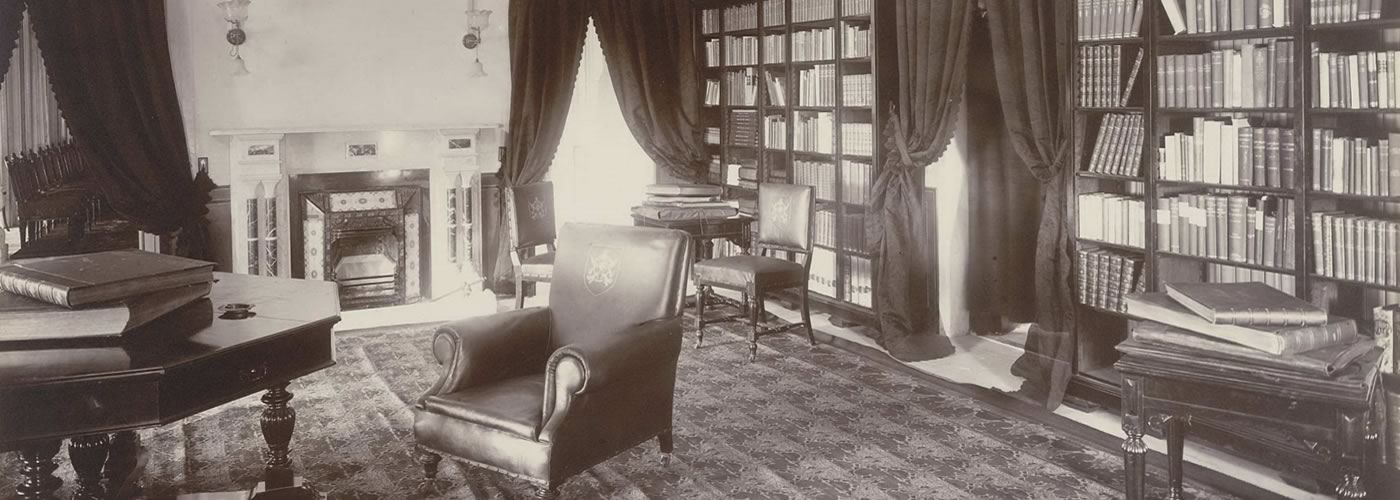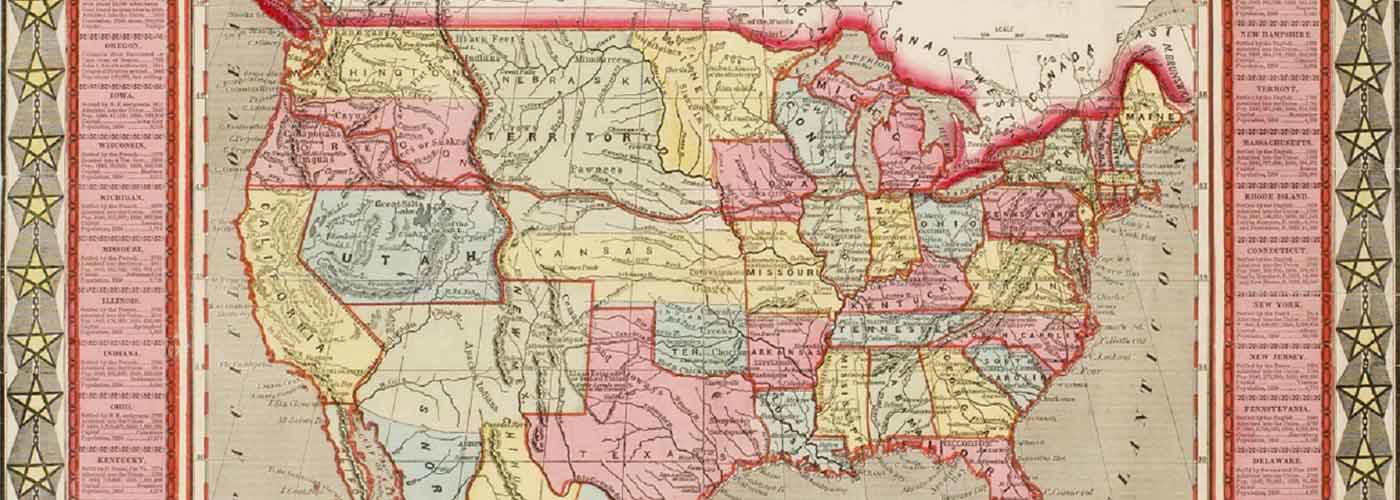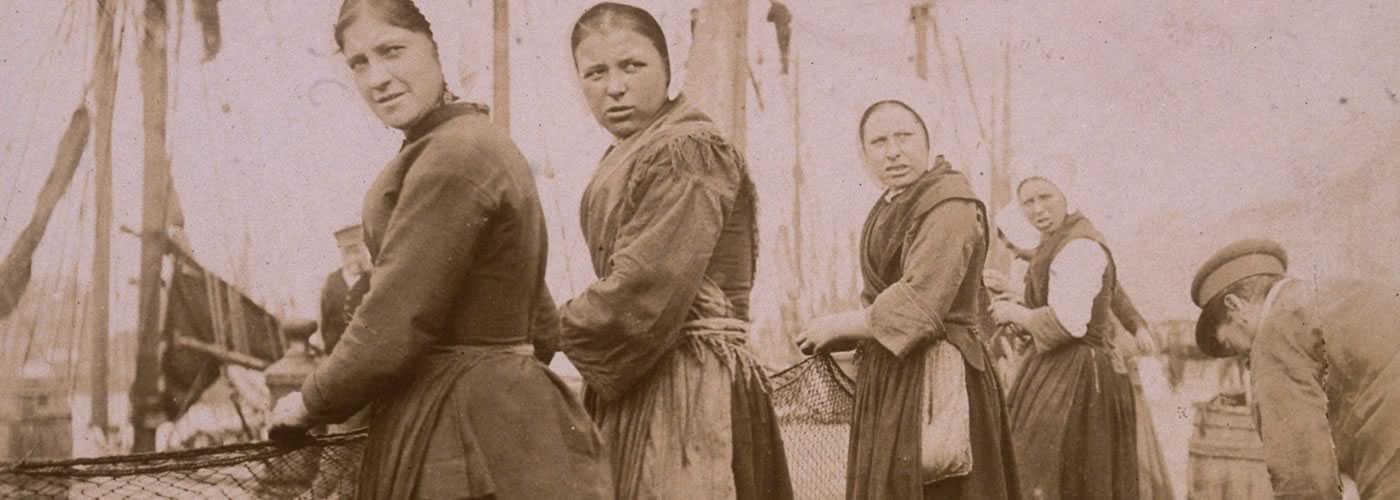Raise the level of your research on global political and economic news and analysis with the source used by top leaders and thinkers.
For over 170 years, the Economist has reported on the world's political, business, scientific, technological, and cultural developments and the connections between them, appealing to the world's elite for its economic and political analysis. The Economist Historical Archive offers an invaluable perspective on the great events of the nineteenth and twentieth centuries and is an essential accompaniment to The Times Digital Archive and the Financial Times Historical Archive for its overview of national and international affairs. It provides researchers with quick access to:
- Editorials, news, commentary and letters that afford insight into British, European, American, and world affairs
- Highly regarded country reports, industry reports, supplements, and surveys that offer the ability to track regional trends and forecasts.
- Special surveys and supplements on countries and industries that offer perspectives on markets and geographies
- Renowned sections such as "Science and Technology" that provide in-depth topic analysis, as well as book reviews and obituaries that lend human interest
- Classified and display advertising that profiles major companies, job opportunities, educational opportunities, and more from a global perspective
- With the full-text search capabilities, students and scholars can conduct research on all the great events of the nineteenth and twentieth centuries
With the 2016-2020 add-on, researchers of contemporary topics will be able to find content on:
- Eastern Aleppo falls (2016)
- North Korea missile and nuclear tests (2016)
- Zika Virus (2016)
- Rohingya refugee crisis (2017)
- Trump presidency (2016-2020)
- Brexit
- #MeToo movement (2017/2018)
- Cambridge Analytica scandal (2018)
- Hong Kong protests (2019)
- Amazon rainforest wildfires (2019)
- Impeachment of Donald Trump (2020)
- Australian bushfires (2020)
- COVID-19 pandemic (2020)
Founded in 1843, the Economist's principles and methods remain relevant today. It is renowned for its consistent approach to internationalism and championing of minimal state in political and government affairs. In more than 8,000 issues since its first publication in 1843, The Economist has presented timely reporting, concise commentary and comprehensive analysis of global news every week. With objective authority, clarity and wit, The Economist presents the worlds political, business, scientific, technological and cultural developments and the connections between them. Full-color images, multiple search indexes, and the facility to browse each and every issue - all combine to offer a unique primary source covering the nineteenth and twentieth centuries.
With a global circulation of more than 1.4 million, the Economist has consistently delivered a highly intelligent and comprehensive report of the week's events and has long been a leading magazine for business and political leaders, politicians, diplomats, bankers, journalists, and other influential people throughout the world. Its back issues are made accessible through The Economist Historical Archive and serve as key witnesses to the economic and political history of the last 170 years. They provide a unique, unbiased analysis of major world events; facilitate the comparison of economic trends across continents and centuries; and offer an ideal historical resource for cutting-edge ideas in an easily digestible form.
Thanks to an exclusive partnership between the Economist Intelligence Unit and Gale, every page from the complete back file of this preeminent, global weekly newspaper is available for use by scholars and researchers in an easy-to-use digital format. The many supplements, special reports, and surveys that appear regularly in the Economist will be particularly useful to students working on projects, teachers seeking to expand their reading lists, and researchers working on company and industry trends and history.
FEATURED TESTIMONIAL
“Furthermore, it is a bountiful source for students undertaking projects or researching dissertations. Published weekly since 1843 -- an unrivalled run -- The Economist is a fount of authoritative, but accessible, analysis of international political, social and economic developments. While business and finance receive extensive coverage, so do politics, wars, social issues, technology, personalities, and a host of other matters. Moreover, it is a treasure trove of statistical data.”
- Dr. Richard Roberts, the Centre for Contemporary British History, Institute for Historical Research, London
Look Inside
Additional Details
subjects covered
- Business & Economics
- British Studies
- European Studies
- Gender & Women's Studies
- Humanities & Social Sciences
- Latina / Latin America / Caribbean Studies
- Middle Eastern Studies
- U.S. History
Support Materials
View and download these PDFs
Platform Features & Tools
Term Frequency
Researchers can see the frequency of search terms within sets of content to begin identifying central themes and assessing how individuals, places, events, and ideas interact and develop over time.
Topic Finder
By grouping commonly occurring themes, this tool reveals hidden connections within search terms—helping to shape research by integrating diverse content with relevant information.
Cross-Search Capability
Search across the content of complementary primary source products, including books, in one united, intuitive environment, enabling innovative new research connections.
Reviews & Testimonials
“For writers and students, an unrivalled source of authoritative and accessible, political, economic, and social analysis and commentary since 1843.”
“An archive as gripping as it is good. . . . The Economist has shown how backfile digitisation should be done.”
“This is an excellent archive and [Gale] is really demonstrating its skills in digitisation.”
Read "The Voice of the New Global Elite" - an article looking at the importance of The Economist
Watch Financial Times and The Economist Historical Archives



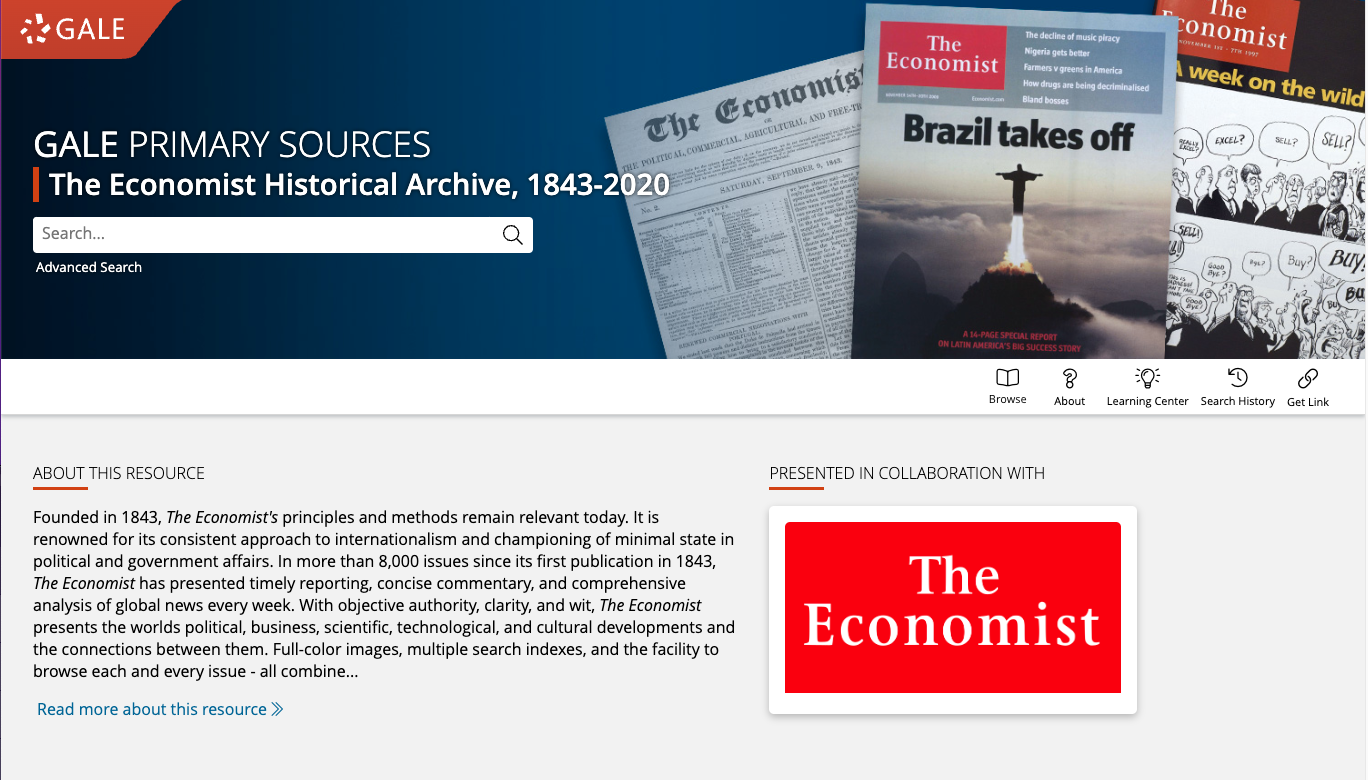
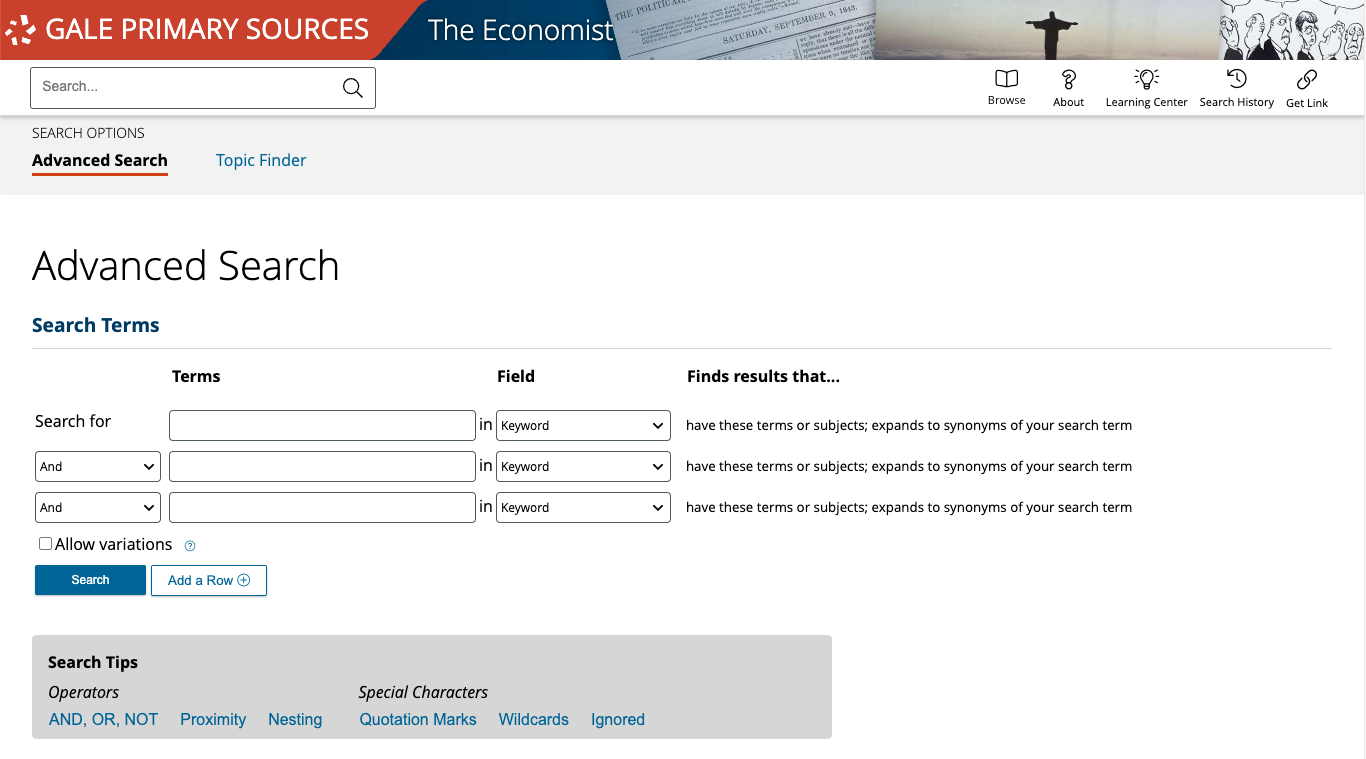
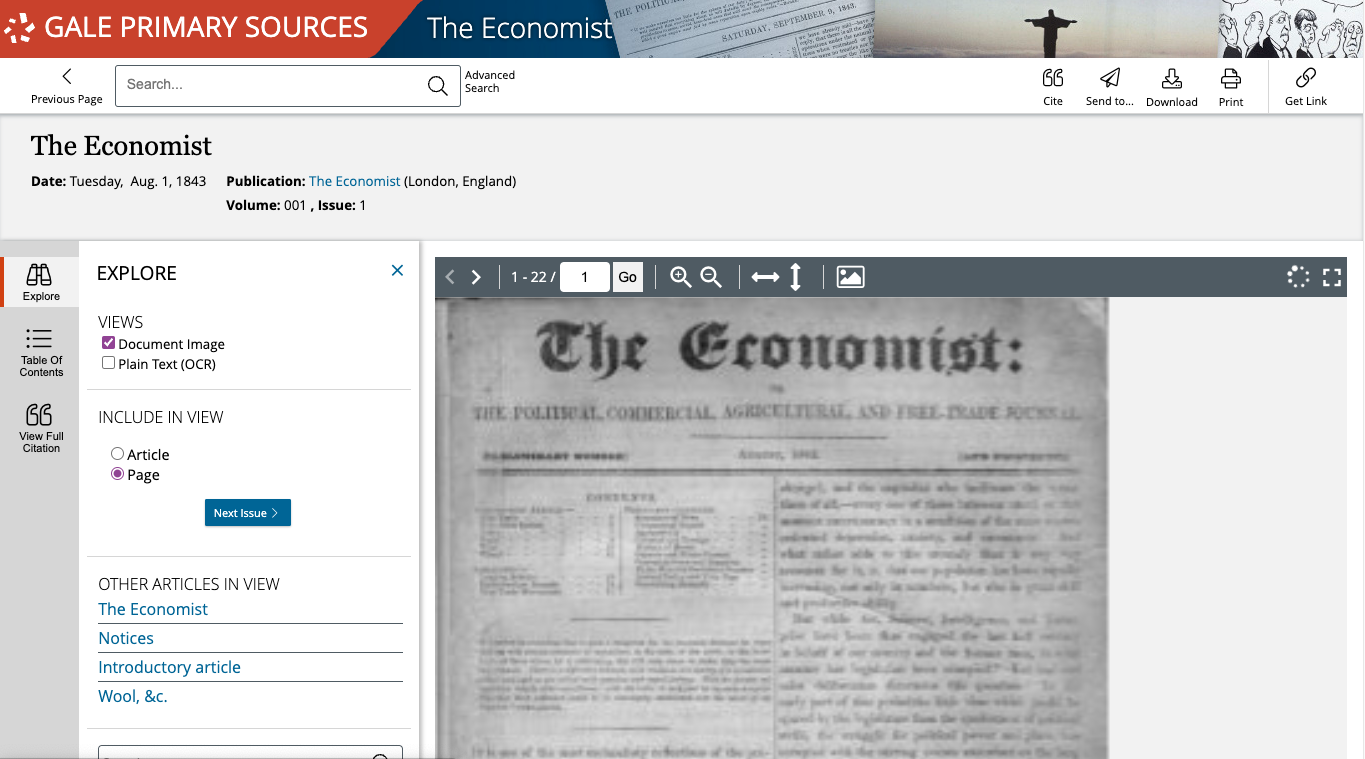
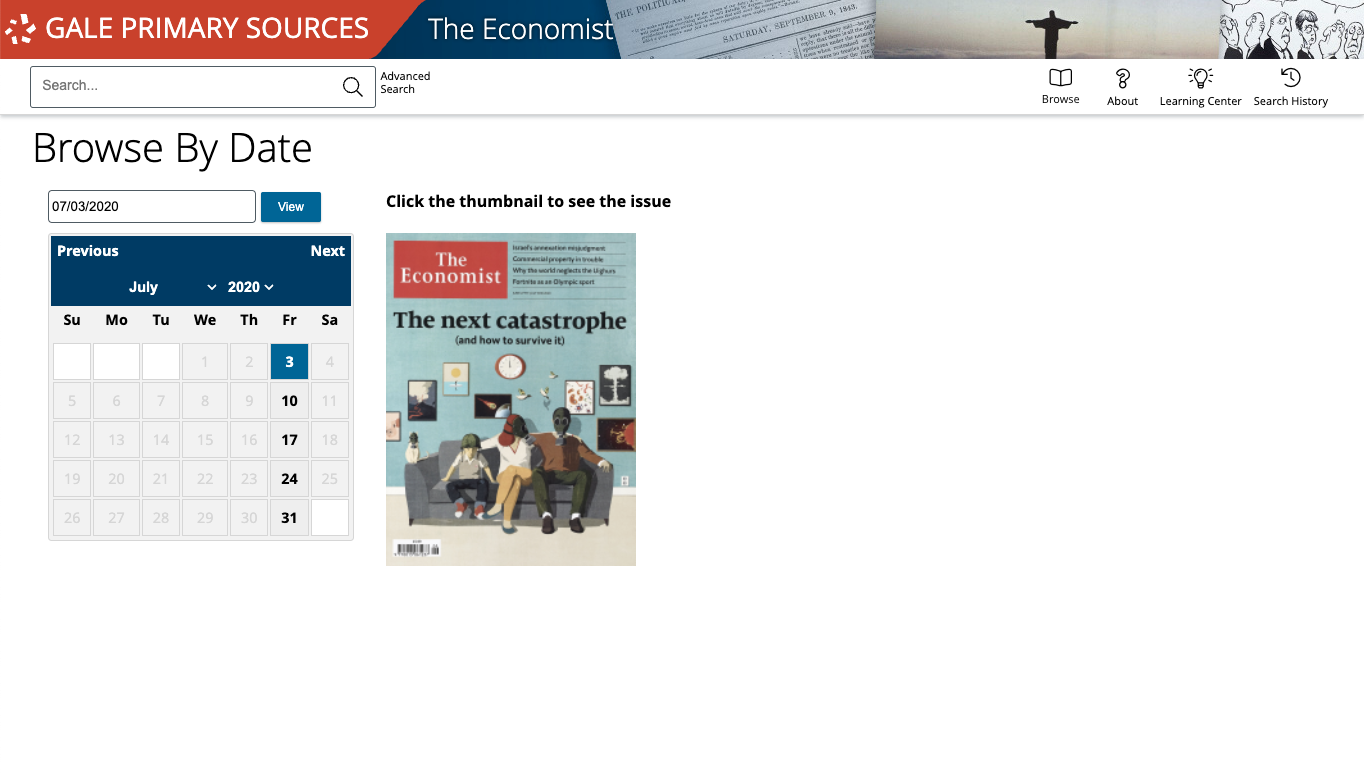
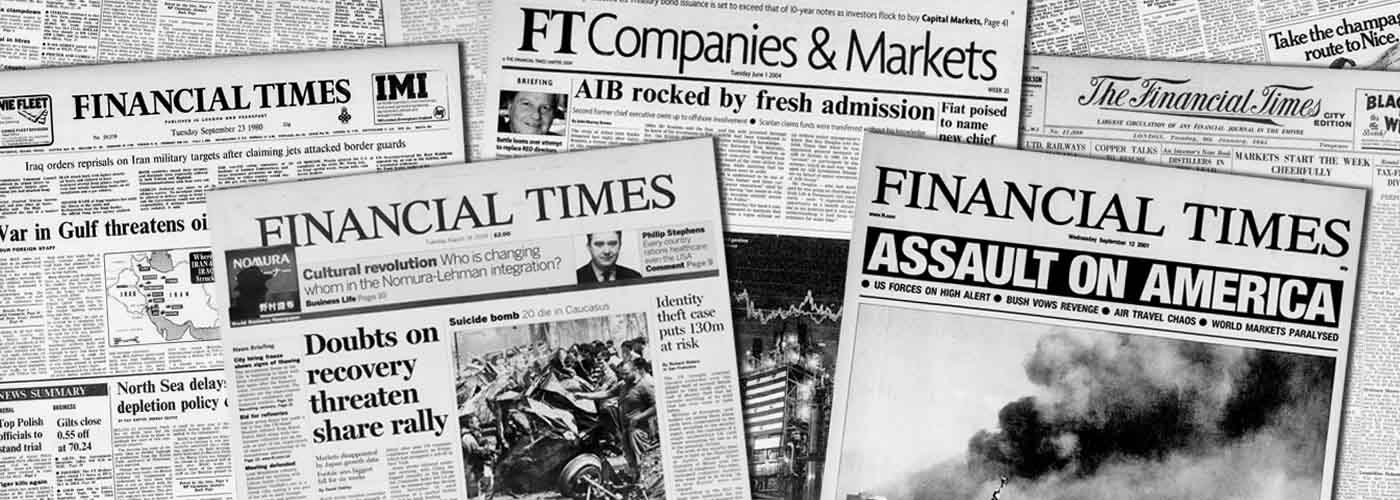

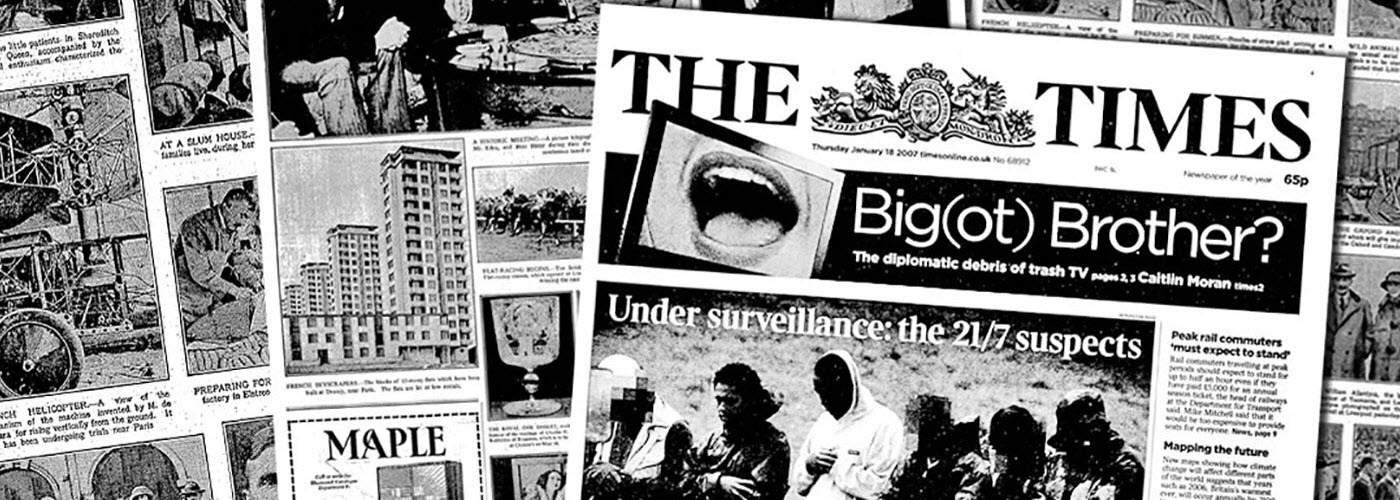

![Machin, Frank. The Yorkshire miners: a history by Frank Machin. Vol. 1. Barnsley: National Union of MineWorkers (Yorkshire Area), [1958].](/binaries/content/gallery/gale-us-en/banners/primary-sources/nineteenth-century-collections-online/gps_ncco_british_politics_banner.jpg)

![Carroll, Lewis, and Mabel Lucie Attwell. Alice in Wonderland: by Lewis Carroll; Pictured by Mabel Lucie Attwell. London; Paris; Berlin; New York; Montreal: Raphael Tuck & Sons, Ltd., [1910?].](/binaries/content/gallery/gale-us-en/banners/primary-sources/nineteenth-century-collections-online/gps_ncco_childrens_literature_academic_banner.jpg)
